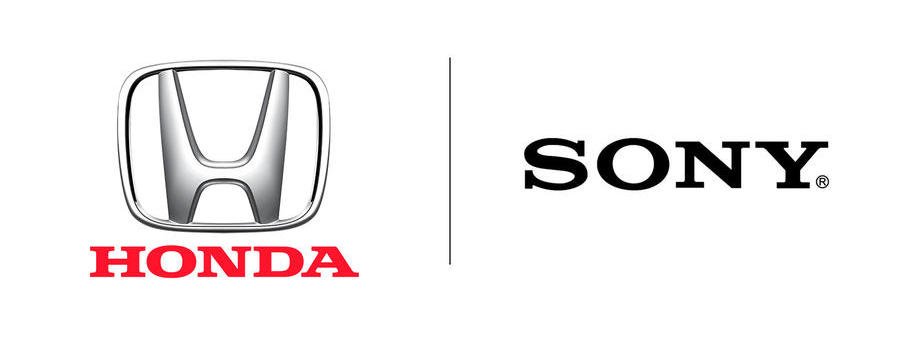What are the implications of the Sony and Honda partnership?

Honda has dreamed the impossible dream to agree to do what established car companies have resisted for years: become a contract manufacturer.
The agreement between Honda and Sony to jointly work on a new electric-car brand “aligns the technological assets of both companies”, said Honda, as they work to launch their first car in 2025.
In doing so, the two Japanese brands have made a bold move to marry the skills of a software company with the manufacturing and engineering knowhow of an automotive brand.
The combination is one that is being investigated globally as cars become more defined by their software than hardware, but most notably it’s happening in China. Examples there include Geely’s link-up with technology giant Baidu to create the self-driving Jidu brand, with Geely taking the lead on the engineering and manufacturing sides.
Stellantis’s partnership with Apple iPhone-maker Foxconn to develop digital cockpits and connected services via the new Mobile Drive division is another good example, according to Jonathan Davenport, analyst at consultants Gartner.
“There's this coming together of automotive and consumer electronics and software that consumer electronics brands think they can leverage,” he said.
For Autocar Business webinars and podcasts, visit Autocar Business Insight
Sony first showed its interest in cars back in 2020 at the Consumer Electronics Show in Las Vegas, when it revealed the Vision-S electric saloon. It was that rare thing in the automotive industry: a genuine surprise. It wasn’t so much the smoothly generic design that wowed showgoers but the completeness of the concept.
Sony tried to deflect by saying it was more a showcase of some of its technology, for example cameras, but it was clear the interest was there.
Sony then returned to CES this year with the Vision-S O2 SUV, before Honda and Sony made their joint announcement in early March “to establish a joint venture to engage in the joint development and sales of high value-added battery electric vehicles and commercialise them in conjunction with providing mobility services”.
Sony’s entry into the new software-defined automotive era makes sense. It may not have much of a share in the mobile phone market, but its experience selling PlayStation video-game consoles will have useful carryover, with shared hardware elements like chipsets and digital services, such as downloads and over-the-air software upgrades.
Sony will develop a “mobility platform” for the new car brand.
Sony actually makes PlayStations itself, rather than outsourcing them, but designing and building cars is several orders of magnitude harder.
“An automotive vehicle with all the associated functional safety and ADAS requirements is complex to create but especially to create at scale,” said Davenport.
We often hold Tesla up as an example of the first-mover responsible for many new car-industry trends, and it definitely has been a leader on the software side. But for tech companies and other automotive newcomers, it has also been a clear example of how not to get into the business.
“[Tesla boss] Elon Musk didn’t think he would need to partner with the Fords of this planet with their supply-chain experience,” said Neil Endley, global director for turnaround services at quality consultantcy Trigo. “He said 'I will go do that myself' and then suffered like hell with lack of product to the plants.”
Tesla’s agonisingly slow production ramp-up is one big mistake made by automotive newbies. Underestimating the cost of engineering is another – one that Dyson suffered just before it abruptly shut down its electric SUV project in 2019. Founder James Dyson said that to sell the EV at a profit, he would have had to charge more than £150,000.
Dyson’s costs spiralled in part because it was focusing on redesigning areas that didn’t really need redesigning. It worked in particular on a new HVAC (heating and ventilation system) and improved seats. “Who does that?” an automotive executive said recently, on condition of anonymity. “No wonder the costs got out of hand.”
Car companies and their suppliers have already mastered this kind of engineering. Where they're struggling to catch up is in software, which is why the partnership between Honda and Sony makes such good sense.
The new company will pool talent from both sides to design and develop the car, while Honda “is expected to be responsible for manufacturing” the new model, the two said in their statement.
Related News
